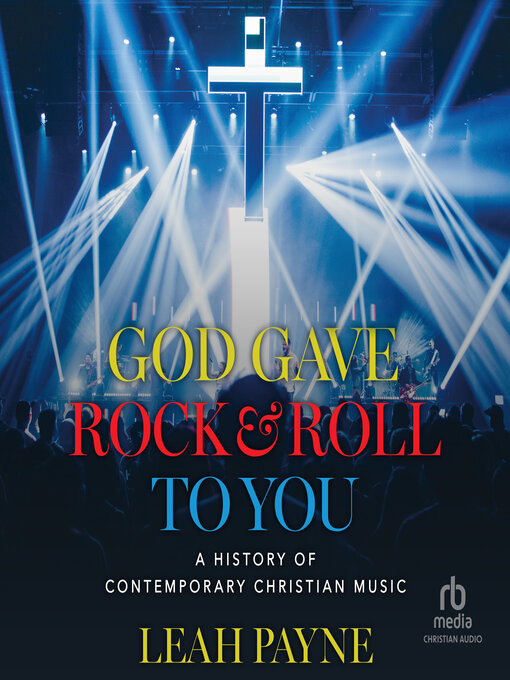- New eBooks
- Fantasy Fiction
- Mysteries
- Graphic Novels for Adults and Teens
- YALSA Great Graphic Novels for Teens
- New eBooks for Teens
- Comics and Graphic Books for High School Students
- Always Available Teen eBooks
- 100 Most Popular Teen Fiction eBooks 2025
- 100 Most Popular Teen Nonfiction eBooks 2025
- See all ebooks collections
- New Audiobooks for Teens
- Top 100 Teen Fiction Audiobooks 2024
- Fantasy
- 100 Most Popular Teen Fiction Audiobooks 2025
- See all audiobooks collections

